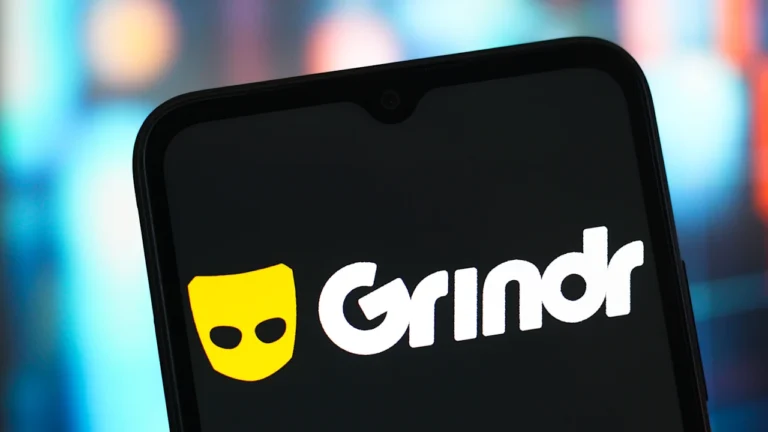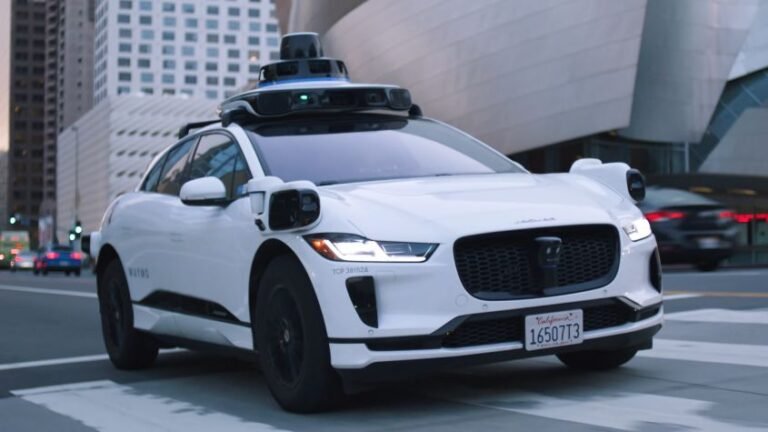
When you type a question into an AI search engine like ChatGPT or Google AI Mode and it comes up with an answer, that information comes from somewhere. Scouring the web for content that’s contextually relevant to the asker, it typically assembles an answer based on several different sources, interpreted through the lens of its training data and system prompt.
The fight over being one of those sources is the new game of online discovery that’s replacing SEO. Typically called GEO or AEO for generative/answer engine optimization, the field is nascent, and the rules, best practices, and even the benefits aren’t entirely clear. There’s one thing everyone agrees on, though: It’s growing rapidly.
Growth markets are opportunities, so even if the rewards of appearing in AI search haven’t been fully established, both media companies and marketers want to understand GEO and potentially crack the code on being “the answer,” or at least fuel for the answer. The precise methods—how content optimization differs from SEO, how to leverage social and PR to improve your chances of appearing, how to build a system for understanding AI queries—are promising, but still being worked out.
Also being worked out? What to do when you win.
The AI search rewards system
The rewards for winning at search were clear. Earning a high rank in search results means people click to your site, interact with your content, and either give you ad impressions or “convert” into some kind of paying customer. As I’ve written before, being cited in AI answers is more akin to advertising your brand than a viable business strategy. A win in GEO means successful reputation management.
This of course is why many publishers prefer to block AI crawlers from indexing their sites at all. They may want to understand GEO, but they’re not interested in having their content serving as raw material for an AI layer they feel they have no stake in (licensing deals notwithstanding). For sites that do appear in AI search, willingly or unwillingly, a win means readers perceive your publication to be more authoritative.
So what happens when you lose—say, your competition gets cited instead of you? For both media and marketers, it’s a missed opportunity for your brand to appear in front of someone interested in your area of expertise.
What is the value of that? It’s easy to point at ChatGPT’s 800+ million users and think it’s a lot, and it might be, but remember: queries aren’t the same as search terms. They’re much more specific, and the tools for analyzing them are in the very early stages. It’s difficult to understand if you’re optimizing for an audience of one or one million.
When the answer is wrong
There’s another kind of loss that brands are finding intolerable: incorrect or damaging information in AI answers. This is becoming a more serious problem than when it happens in traditional search because it’s difficult to fix. An AI answer is amalgamated from several different sources, so the precise ranking of those sources—ranking is a huge deal in SEO—doesn’t matter as much as the bad information simply being present.
Worse, that information may be on Wikipedia or Reddit, two sites that are based on user-generated content, have byzantine systems for how content is created and promoted, and are newly influential in the age of AI. Since they are both huge repositories of human-created text on myriad topics, they’re extremely valuable to data-hungry large language models, and the big AI companies have awarded them a kind of favored status. Reddit, notably, has used this as leverage to negotiate deals with Google and OpenAI worth tens of millions every year.
All of which is to say that dealing with a reputational problem in AI search is a new kind of difficult-to-crack crisis. At the recent MarCom Summit in Washington, D.C., marketers who specialize in dealing with problematic content on Wikipedia or Reddit told me they’re newly busy this past year.
Who will benefit from ads in AI search?
So at least one kind of business is making money from GEO. For everyone else, they’ll likely have to wait until AI answers begin to incorporate ads in a meaningful way. This is inevitable—ChatGPT may have almost a billion users, but most aren’t paying a dime. That’s a massive untapped revenue stream. Perplexity has been experimenting with ads in answers for a year, and Google is slowly stapling ads into its AI experiences, too.
Skeptics roll their eyes at AI answers adopting an advertising business model, criticizing the companies for being less interested in solving societal problems than making money from user attention—the same old Silicon Valley playbook. However, there’s another perspective: You know how AI summaries provide links to sources? That same attribution can be used to apportion the revenue from any ads in the summary to those same sources. The AI media tech startup Dappier is building such a system, splitting revenue from ads in the answer with everyone who contributed to it.
So while I understand the cynicism about advertising coming to AI engines, I can’t help but be a little bit hopeful about it. Yes, ads are certainly coming to AI search, but the search engines might not necessarily hog all the rewards. Will there be enough money to go around? Not yet. But like I said, it’s a growth market.






